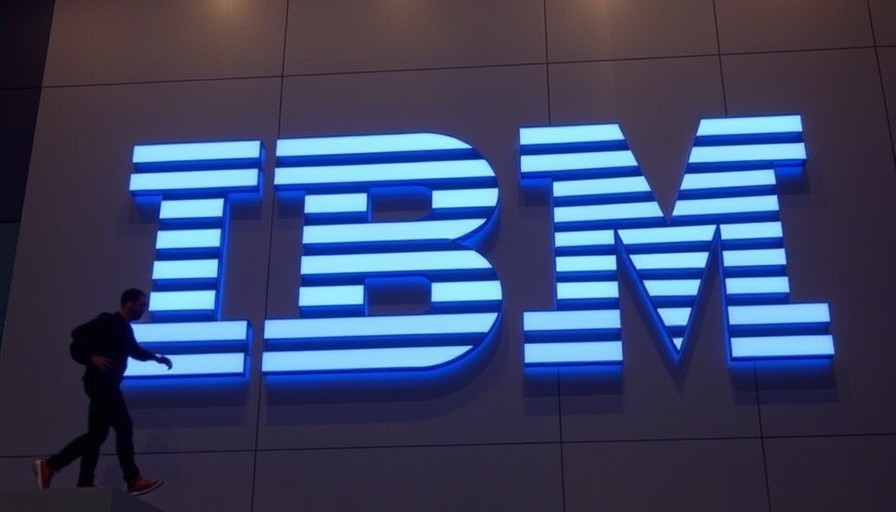
The Ups and Downs of AI in the Workforce
In an unexpected twist, IBM's story illustrates a significant trend in the modern workplace. After letting go of nearly 8,000 employees in 2023 due to a shift toward automation, the company found itself needing to hire tens of thousands back—not to mention how the laid-off roles were transformed into new opportunities. This instance challenges the prevalent narrative that automation strictly leads to job loss rather than job transformation.
A New Era of Job Opportunities
The introduction of AI tools like AskHR marked a turning point for IBM; it allowed the team to automate 94 percent of routine HR tasks, which led to a staggering $3.5 billion productivity gain. Instead of narrowing the workforce permanently, IBM experienced an increase in total employment. This situation proves that while some roles fade away, new jobs emerge that require critical human skills, such as creativity and strategic thinking.
Lessons from Automation: A Transformative Approach
IBM's narrative brings to light a crucial lesson for companies navigating the relentless tide of technological change: the need for adaptive employment strategies. Automation takes away repetitive tasks but creates a demand for skilled individuals who can oversee, adapt, and advance new technologies. Companies must invest in employee training to ready workers for this evolving workplace and ensure that they can thrive alongside AI solutions.
Real-World Reflections on the AI Shift
As companies like Duolingo and various customer service platforms have discovered, the limitations of AI can necessitate hiring new specialists despite previous layoffs. The approach IBM took — leveraging savings to recruit in more dynamic areas — is indeed a model for many organizations. They underscore the complexity of AI implementation where not everything can be entirely handed over to machines.
The Future of Work: Preparing for Change
According to the World Economic Forum, up to 92 million jobs worldwide could disappear by 2030 due to automation. Nevertheless, it's essential to focus on the potentials for new careers popping up around AI development, management, and oversight. As companies aim to strike a balance between automation and human ingenuity, workers are presented with opportunities to reskill and adapt, ultimately leading to more resilient employment strategies.
Take Action: Embrace the AI Revolution
As we reflect on IBM's journey, it’s vital for workers and companies alike to embrace the coming changes. The rise of AI is not solely about cutting jobs but rather about evolving them. The future of work lies in staying informed and proactive. Consider looking into resources like Prompt2Human to better understand how to navigate the changing landscape of employment in an AI-driven world.
 Add Row
Add Row  Add
Add 




Write A Comment